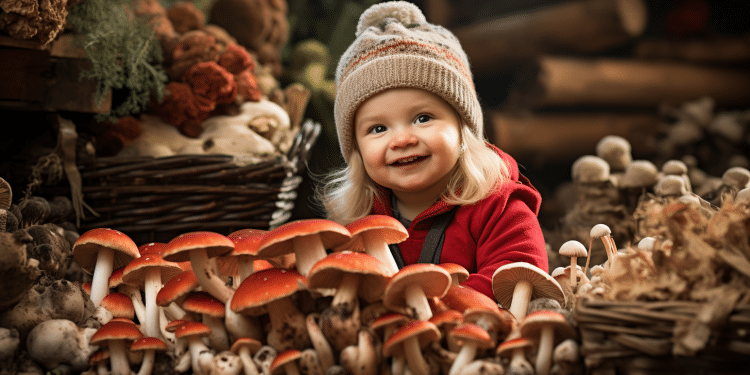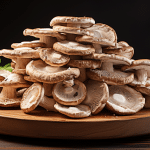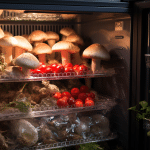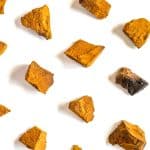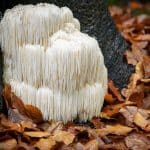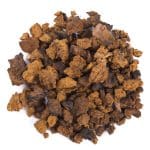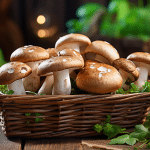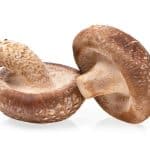Mushrooms are delicious treats, coming in many textures and flavors that are sure to please both your toddler and yourself, but can babies eat mushrooms? Yes, babies can eat mushrooms, but here are some caveats on mushrooms, information on their health benefits, and some ideas on how to serve them.
Stick To Mushrooms From The Store
When it comes to mushrooms, stick with the ones you can purchase at the store. Mushrooms are fungi, organisms that eat organic materials, and can grow almost anywhere. There are many types of mushrooms that can get you really sick out in the wild, but mushrooms sold at your local grocery store or farmers market are not going to be among them.
When Can Babies Eat Mushrooms?
There are no strong recommendations by health organizations or government to avoid eating mushrooms, as soon as babies begin eating solid foods. Many organic, health eating, and parenting websites recommend waiting until children are around 10-12 months of age to introduce mushrooms to the diet. Some pediatricians and natural foods experts suggest always cooking mushrooms before consuming, particularly for children.
Learn more: Best mushrooms for energy
Are Mushrooms Good for Babies?
Researchers have found many benefits of including mushrooms in the diet, and this is true of babies. Some mushrooms contain more potassium than a banana. They are also good sources of iron, fiber, and selenium, a vital mineral. If they were exposed to light during growth, different varieties of mushrooms are among the best plant sources of vitamin D that you can eat. Vitamin D helps build stronger bones and may help combat colon cancer.
Risk of Mushroom Allergies
A small proportion of the population can have allergies to mushrooms. The risk is especially low with eating mushrooms, but since mushrooms are fungi, they give off spores in the air. These spores can trigger allergies like the ones caused by pollen or mold.
Learn more: Can you freeze mushrooms?
They Are A Good Finger Food
Mushrooms may be a good choice for infants needing soft foods that can be cut into safe-to-eat sizes. Mushrooms provide lots of flavor, some great vitamins and minerals, and are soft enough that a child with just a few teeth could eat them. If you choose to give them to a child raw, make sure you wash them thoroughly before doing so.
How to Make Mushrooms Delicious For Your Baby
Mushrooms can be the star of the meal, the star of the side, or they are an excellent accompaniment to just about any meal. They can be sauteed, grilled, roasted, baked, or cooked almost any way you can think of. Here are some child-friendly recipes from across the internet that make great use of mushrooms.
Saute mushrooms in butter or olive oil, garlic, and some salt, then enjoy as a main course over rice or pasta, a side, as a topping for meat, or alongside other vegetables such as spinach, kale, or potatoes.
A nice little meatloaf served in a muffin tin is packed with veggies, perfect for health-conscious kids – and for anyone following a Paleo diet!
Swap the meat out for a portabello mushroom on hamburgers or cheesesteaks. This creamy pasta dish featuring mushrooms and spinach can be eaten alone as a main course, or it makes an excellent side.
Three ingredients in the slow cooker, and you get a delicious dish featuring Portabello mushrooms and chicken. Let us be real: pretty much everything tastes great inside of a tortilla with a little melting cheese.
Mushroom Quesadillas are a nice, kid-friendly introduction. Rice, Peas, Mushrooms: A risotto made of mushrooms is made of just three simple ingredients and has a flavor that is comforting and tasty. And, of course, mushrooms are an excellent topping for pizza, or for a sauce.
Remember, if your toddler or child does not like mushrooms the first time they taste them, change the recipe and try again the next day. It is worth it to make sure that your baby or child enjoys incorporating these delicious, vitamin- and mineral-rich disease fighters into his or her diet.
